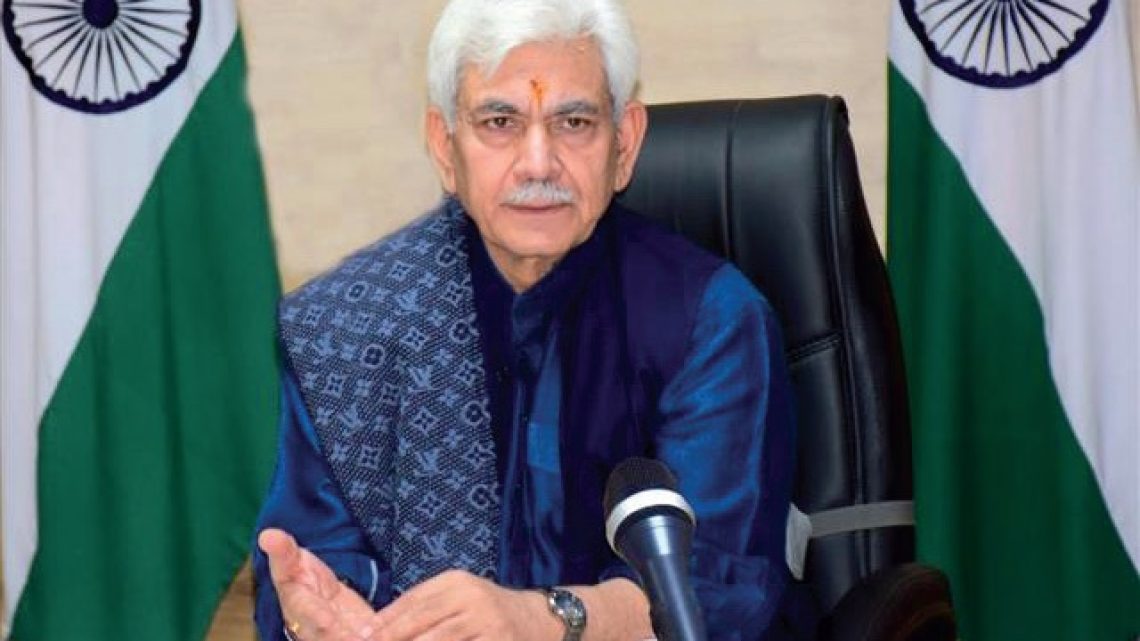
Controversial Reservation Policy Revision in IIOJK Sparks Outcry
June 4, 2024The Lieutenant Governor’s administration in Indian-illegally occupied Jammu and Kashmir has announced a contentious revision to the territory’s reservation policy. This policy change reduces the open merit share from 60% to 40%, allocating 60% of vacancies to various reserved categories. The move has ignited a heated debate among politicians and civil rights activists, who are raising concerns about its impact on meritocracy and social cohesion.
The revised policy has been criticized for potentially undermining the principles of merit-based selection. By significantly increasing the quota for reserved categories, critics argue that the policy could perpetuate social divisions and hamper the progress of meritocratic principles in the region. There are also fears that the policy will be exploited to favor activists from the Rashtriya Swayamsevak Sangh (RSS) and Bharatiya Janata Party (BJP), further entrenching political biases.
This shift has sparked a broader discussion on the delicate balance between promoting social equity through reservations and maintaining meritocracy. Opponents of the policy revision contend that it disproportionately affects the majority Muslim population of Jammu and Kashmir, effectively sidelining them under the guise of benefiting backward classes. They argue that the policy is a strategic move by the Indian government to diminish the representation of Muslims in the region’s administration and workforce.
Civil rights activists and politicians have pointed out the inconsistency in the application of such policies. They question why the Modi government does not implement similar reservation adjustments across India to benefit backward classes, including Muslims and Dalits, if it is truly committed to social equity. This selective application, they argue, reveals an ulterior motive to marginalize the Muslim majority in Jammu and Kashmir rather than genuinely uplift disadvantaged groups.
The policy change has profound implications for the social and political landscape of Jammu and Kashmir. By reducing the open merit share, the new reservation policy might restrict opportunities for deserving candidates from the majority population, exacerbating existing tensions and grievances. Critics believe that this approach could lead to increased polarization and hinder the region’s development.
To conclude, the recent revision of the reservation policy in Jammu and Kashmir has sparked significant controversy and debate. While intended to promote social equity, critics argue that the policy could undermine meritocracy and exacerbate social divisions, particularly affecting the majority Muslim population. The move raises questions about the broader intentions of the Indian government and calls for a more inclusive approach to reservations and representation in the region.

